Do You Get Triggered? Understanding Trauma, Abuse, and Narcissism
Do you find yourself reacting strongly to certain situations or comments, even when they seem harmless to others? If so, you may be experiencing what is commonly referred to as being “triggered.” Understanding the concept of triggering is crucial, as it often ties back to past traumas, experiences of abuse, and even the influence of narcissistic individuals in our lives. In this blog post, we will explore what it means to be triggered, the connection to trauma and abuse, and the role counselling can play to help.
What is Triggering?
To put it simply, triggering is when an event, situation, or even a word or phrase elicits a strong emotional response in someone due to its association with a traumatic or distressing experience. These responses can range from anxiety and anger to sadness and panic, and they can be overwhelming.
The Role of Trauma
Trauma plays a significant role in triggering. Traumatic experiences, whether physical, emotional, or psychological, can leave lasting imprints on our minds and bodies. When something in the present triggers memories or emotions related to that trauma, it can lead to intense and often irrational reactions. These triggers serve as a survival mechanism; they are your body’s way of warning you about potential danger. However, they can become problematic when they interfere with your daily life and relationships.
The Impact of Abuse
Abuse is one of the most common sources of trauma that can lead to triggering. Abuse can take many forms, such as physical, emotional, verbal, or psychological, and it often leaves survivors with deep emotional wounds. Survivors of abuse may find themselves triggered by situations or people who remind them of their abuser or the abusive circumstances they endured. These triggers can be debilitating, making it challenging to trust others or maintain healthy relationships.
Narcissism and Triggering
Narcissism is another factor that can contribute to triggering. Narcissistic individuals often display a lack of empathy, a need for admiration, and manipulative behaviours. If you’ve been in a relationship with someone with narcissistic traits, their actions and words may have caused you significant emotional harm. When you encounter similar behaviours in others or hear phrases that remind you of the narcissistic person, it can trigger feelings of anger, frustration, or fear.
Counselling as a Path to Healing
If you find that you are frequently triggered by past traumas, experiences of abuse, or encounters with narcissistic individuals, seeking counselling can be a crucial step toward healing and managing your triggers. Therapy provides a safe space for you to explore the root causes of your triggers and develop strategies to cope with them effectively.
Counsellors are trained to help individuals work through trauma and its associated triggers. They can help you to process traumatic memories and develop healthier coping mechanisms. Through therapy, you can gain a better understanding of your triggers and learn to respond to them in a way that promotes healing and personal growth.
In conclusion, if you find yourself getting triggered frequently, it is essential to recognize that your reactions may be rooted in past traumas, experiences of abuse, or encounters with narcissistic individuals. These triggers can have a significant impact on your well-being and relationships. Seeking counselling is a proactive step towards understanding and managing your triggers, leading to a healthier and more fulfilling life. Remember, healing is possible, and you do not have to face your triggers alone.
If you are interested in the possibility of pursuing some Counselling with me either in zoom or in person at Highland Park Community house, then feel free to reach out.

